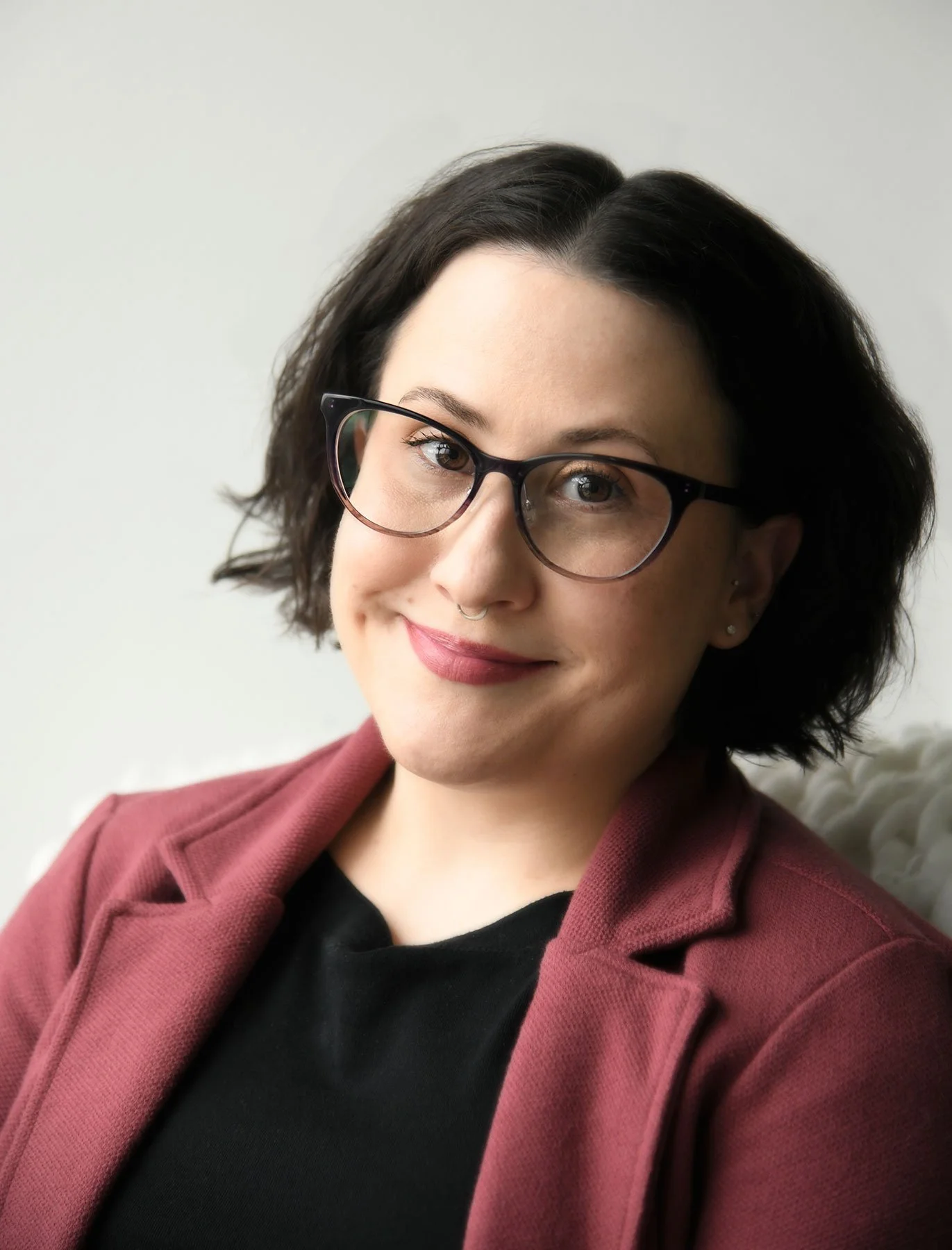Seattle Therapist, Chelsea Kramer, on Therapy for Medical Trauma in Seattle
Chelsea Kramer, LMFT PMH-C
Why did you decide to become a medical trauma therapist in Seattle?
I've been practicing therapy for 14 years and very early on realized that most people who come into therapy have some trauma. Life is tough. I try to meet clients from a trauma- informed perspective, which carries an attitude of 'what have you been through' as opposed to 'what's wrong with you?' One of my specialties is helping people facing acute and chronic health conditions and people who've experienced medical trauma. Having any physical challenges on top of mental health concerns can compound suffering. I myself have had complex health issues and involvement with the medical system throughout my life, and can provide unique empathy in this way. I've always worked with this population, but have honed in on offering specific therapy services for people dealing with medical trauma as it's a resource that is needed in the community.
What kind of services do you provide?
I work with individuals, couples, and families in an outpatient therapy setting. Currently, I'm all Telehealth. Clients seem to enjoy the flexibility and access that it allows them.
In your experience, how do medical issues impact mental health?
Medical issues can increase trauma responses, challenge relationships, increase anxiety, depression, obsessive-compulsive tendencies, and much more. Facing medical challenges forces people to face the discomfort of the unknown. Medical issues can lead to people questioning their identity, internalized biases, and their greater views of the world.
Could you talk a little about the role trauma plays in your work?
I work with all clients from a trauma informed perspective. This means that in our work together, I prioritize choice, agency, and safety. Therapy asks clients to be vulnerable and challenge themselves. This can only happen when the context is safe and nonjudgmental. My work with clients is collaborative and prioritizes the client's agenda; they are the experts on their own lives. It's important to know about what events (both positive and negative) have significantly impacted a client to fully understand how they are coping in the present day. Trauma can impact how people view themselves and the world around them. I meet new clients with the assumption they have some kind of trauma in their past and enter with sensitivity.
How will people benefit from working with you?
No therapist can guarantee you'll feel better after working together, however, I deeply believe therapy is therapeutic. What do I mean by that? I mean that having a specific time period set aside where you get to meet with someone who is there for you in a non-judgmental capacity, dedicated to supporting you in your goals, is incredible. Most of the positive outcomes I see with my clients are being more psychologically flexible, experiencing less anxiety, more agency, better relationships, and an overall increased ability to do hard things in order to live a life they love.
How can people contact you?
The easiest way to contact me is through my website: www.chelseakramertherapy.com
Through my website, you can schedule a free consultation to see if you'd like to work together. For other professionals, I love networking and building community relationships so we can better serve our clients!
What’s one fun fact about you that most people don’t know?
I grew up tap dancing, and both doing it and watching it make me so happy.
About Chelsea Kramer, LMFT
Chelsea Kramer is a Licensed Marriage and Family Therapist and Perinatal Mental Health Specialist who focuses her work on medical and reproductive mental health. She's been practicing therapy for 14 years throughout the greater Seattle area. When she's not working, she enjoys spending time with her animals, whiskey tasting, and dancing.


